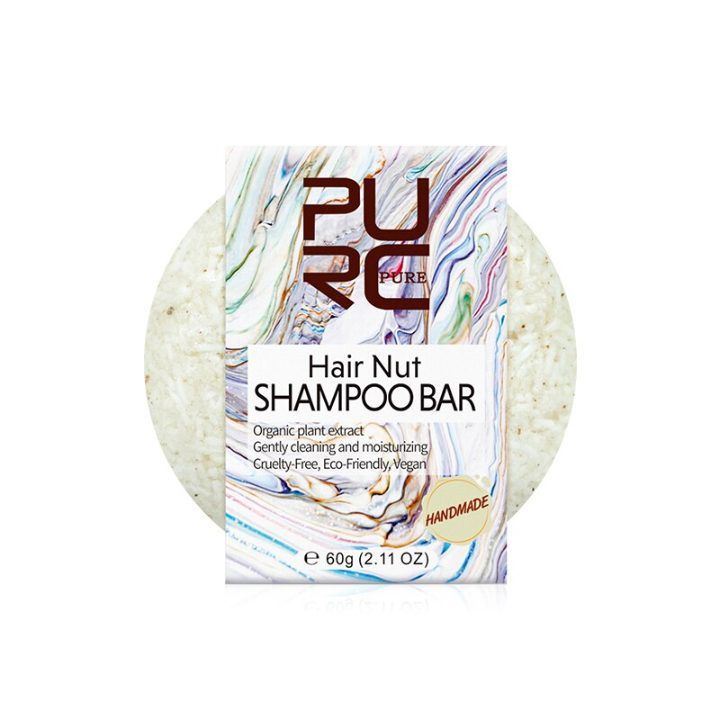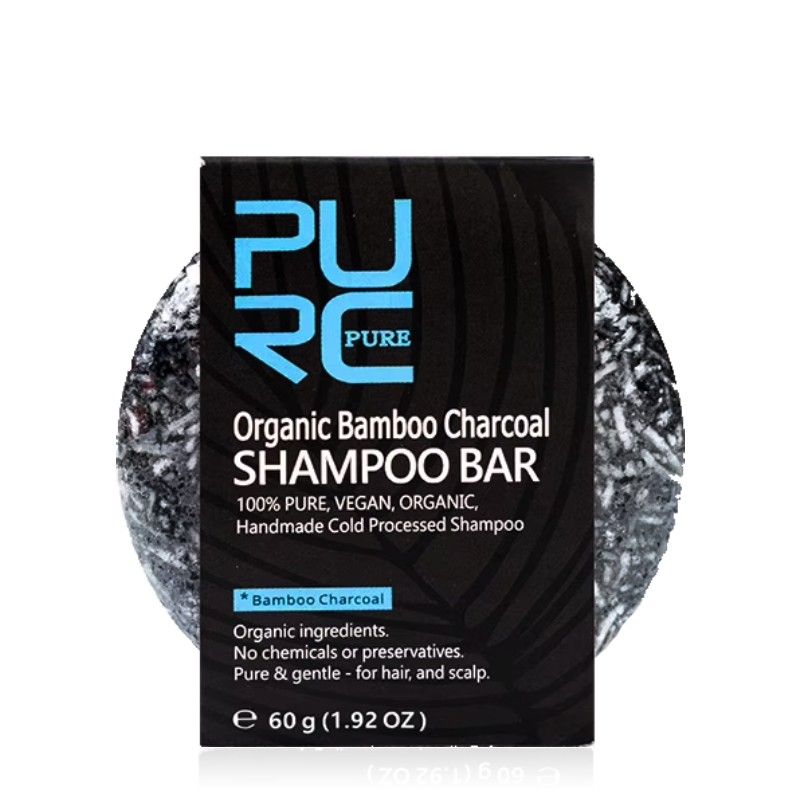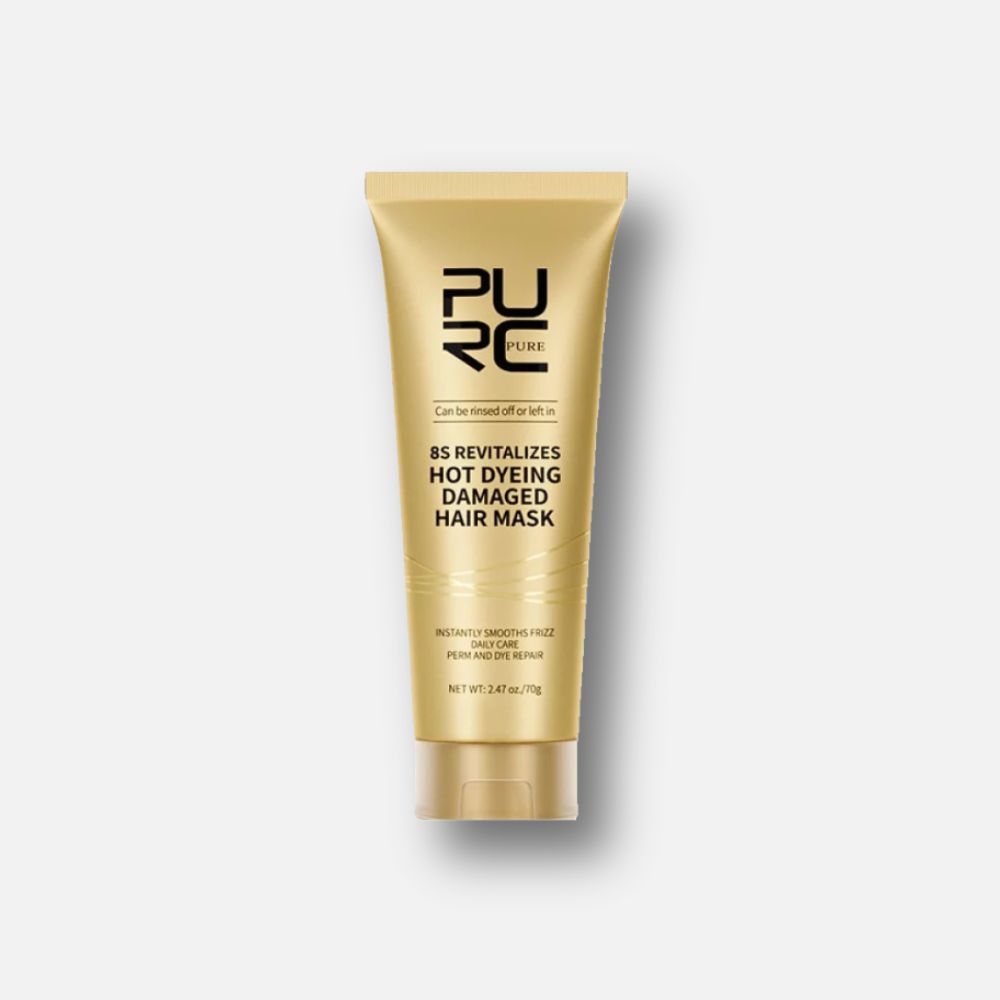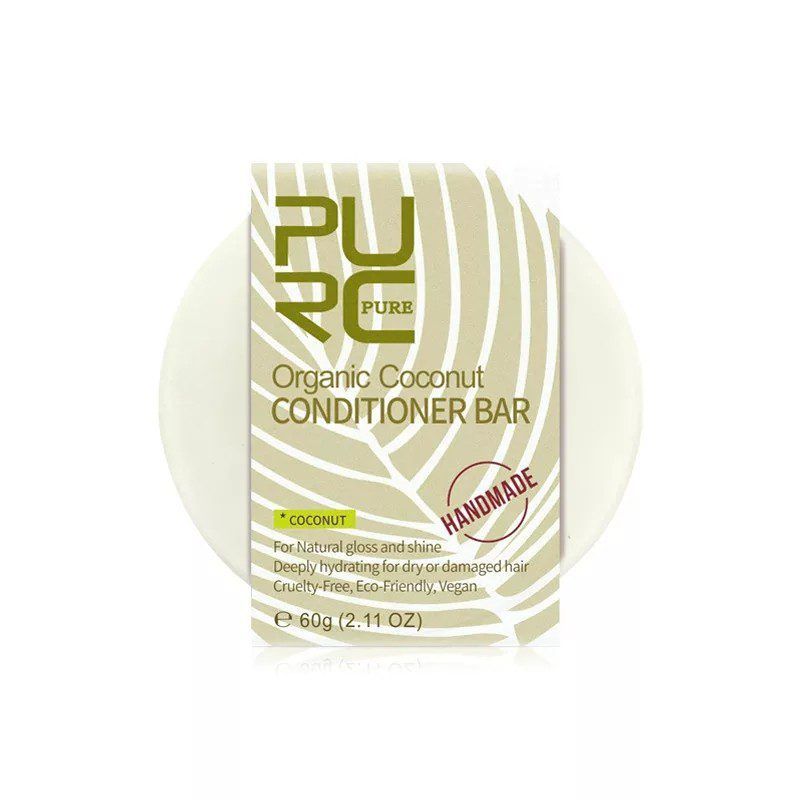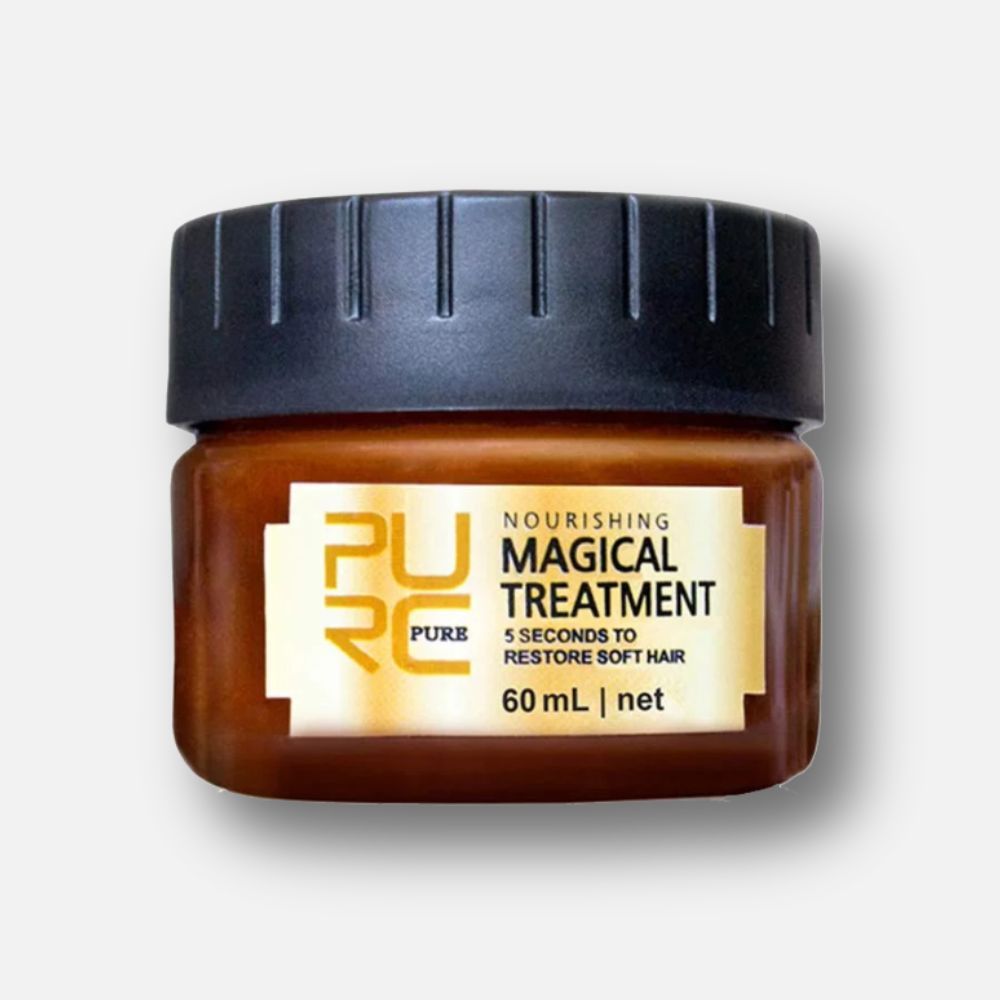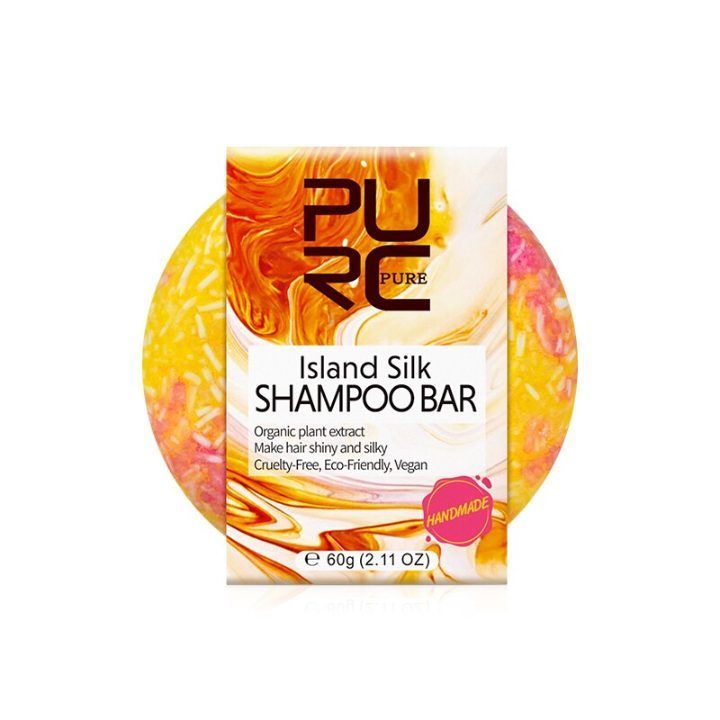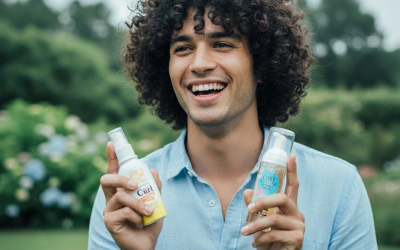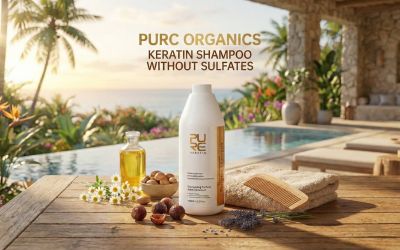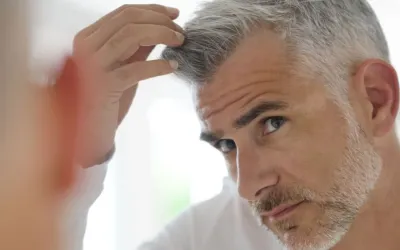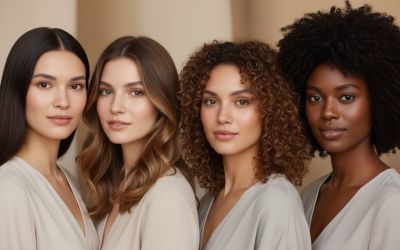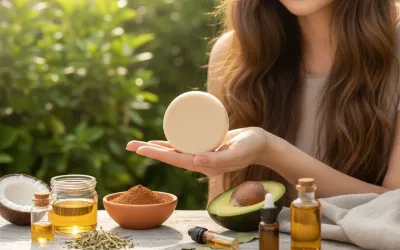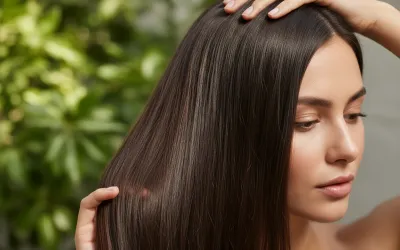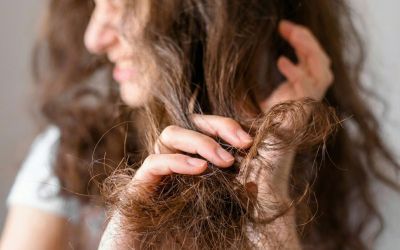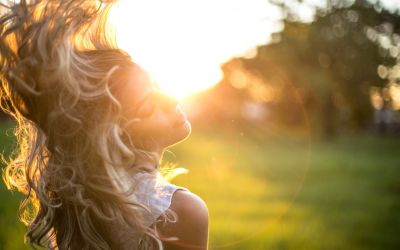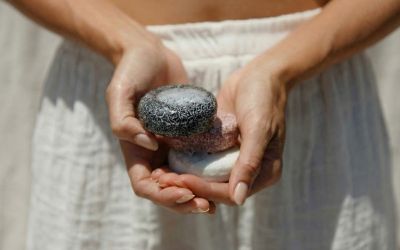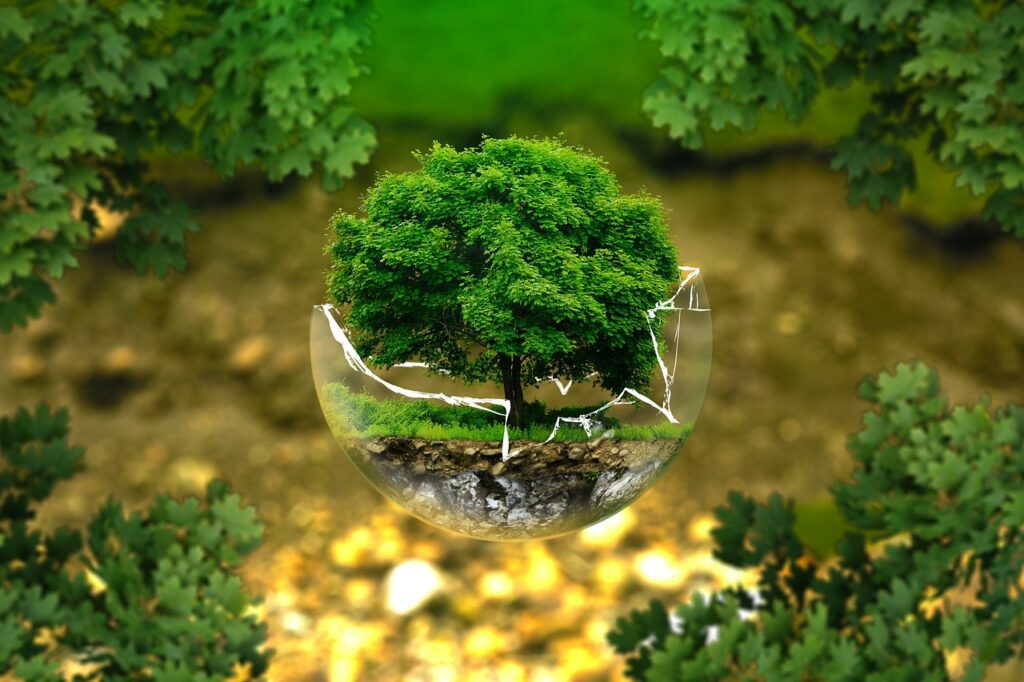
Think again if you believed your family’s proven history in the follicular domain was protection against hair loss. According to researchers, a variety of health issues can impact the state of your hair, and while hair loss is typically seen to be a middle-aged man’s problem, external environmental conditions may be contributing to the condition, which commonly affects younger men and women as well.
You may not believe that a stroll around the neighbourhood, your hair lotion, your grocery selections, or your antiperspirant have something to do with your hair development. But your hair strands are sensitive teeny things, and they regrettably take all of your decisions very intimately.
Your everyday surroundings have the tendency to strain your strands, limiting their capacity to create the hair of your fantasies and maybe causing them to exit the growth phase completely.
Are you curious about the environmental variables that might harm your hair and slow its growth? Continue reading to learn more.
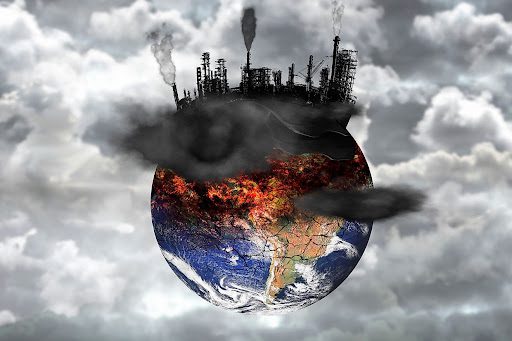
Different Types Of Environmental Stressors Affecting Hair
1. Air Pollution
You may not give it a second thought, but air quality is important for hair health. Your hair interacts with every particle in your daily air supply, and the aerosols and particles it contains may be harming your strands.
A South Korean study financed by a beauty firm discovered that typical air pollutants, such as dust and fuel particles, reduce the quantity of four proteins namely β-catenin, cyclin D1, cyclin E and CDK2 present in human scalp cells that are crucial for hair development and retention.
The effect, according to the researchers, was shown to be worse in places with high levels of such dust and fuel particles, mostly metropolitan centres, during the 28th European Academy of Dermatology and Venereology Congress in Madrid.
Environmental stressors can encompass a wide range of variables that can have an influence on hair wellbeing, such as pollutants, pollution, and even smoking—all of which can be harmful to hair follicles.
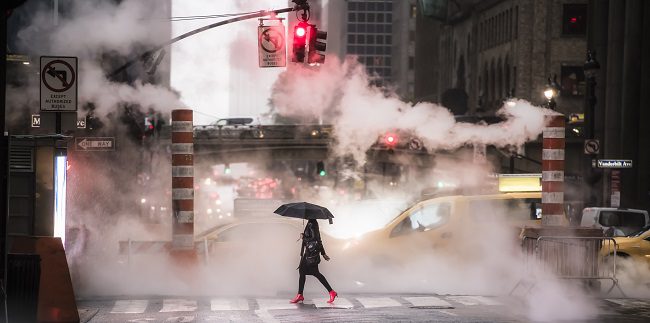
Living in polluted areas might result in sensitive scalp conditions. The indications include stinging, psoriasis, a greasy scalp, and even discomfort in the hair root. Dust and smoke particles in the air might land on the scalp and produce these symptoms. This can cause hair damage over time.
2. Quality of Water
You might not realise it, but water comes in a variety of forms. One of them is hard water, which is bad for your hair. Hard water is water with a high mineral concentration that accumulates deep beneath the earth. When water droplets pass over mineral formations such as limestone and chalk, they produce a high concentration of calcium and magnesium.
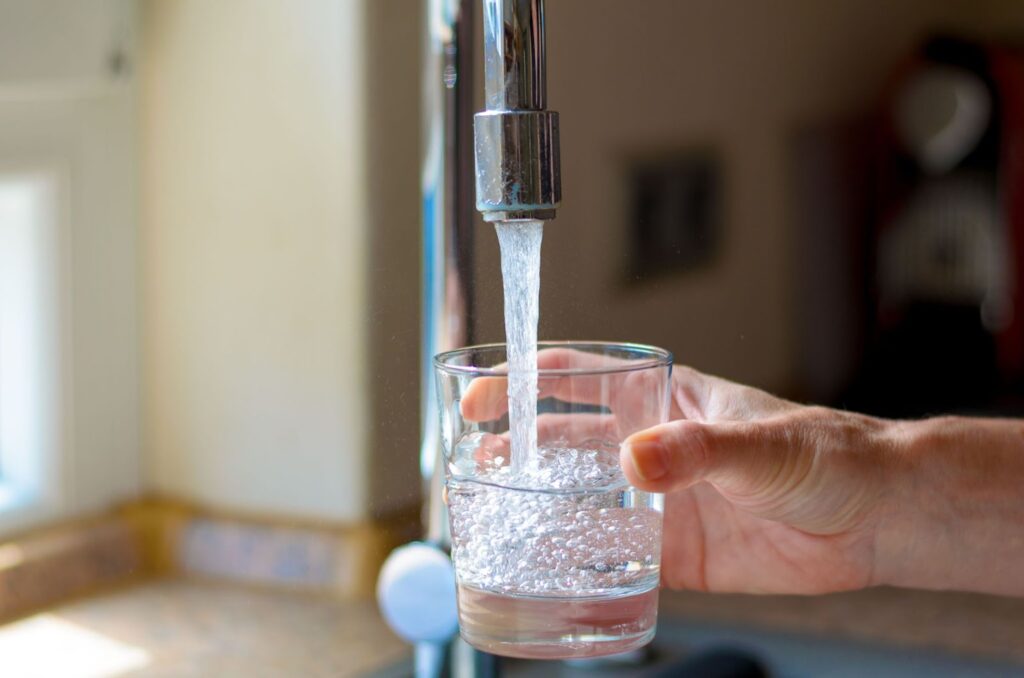
Because of the high calcium and magnesium content, it combines with your hair products to produce a salt. The salt that forms creates a residue on your scalp and hair, preventing your scalp from absorbing the conditioner’s moisture. As a consequence, your hair becomes dry, knotted, and brittle. Hair thinning can occur if hair breakage is not addressed. According to the US Geological Survey, up to 85 percent of houses in the United States have hard water, causing problems for everyone from rural well owners to metropolitan municipal consumers.
A recent study found that countries with higher PPM (parts per million) have more bald people than other locations. PPM is a unit of measurement for carbon dioxide in the atmosphere. When there is high PPM in air, it mixes with water, due to which, the hair may become dry and damaged if the water contains a high concentration of calcium, silica, and magnesium.
3. Sun Exposure
Long durations of sun exposure can cause hair loss. Telogen effluvium is a disorder in which hair follicles enter a resting phase for an extended length of time, aggravating the hair loss problem.
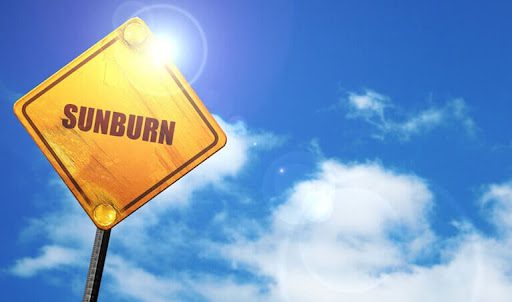
Excessive sun exposure is a frequent cause of structural damage to the hair shaft, which is the portion of your hair that extends out from your skin. Sunlight may damage your hair by weakening the pigments and proteins in your hair.
Too much sun exposure can also cause thinning hair by causing compound superoxide formation, which can briefly stop the hair development cycle. This disruption might lead hair follicles to jump from the growth phase to the shedding phase of the hair cycle.
Your scalp is just as susceptible to burns as any other part of your body. This is particularly obvious if you are balding, have thinning hair, or have hair shaved close to the head (i.e., crew cut). Unprotected skin can be damaged by the sun in less than 15 minutes.
Ways to Avoid Them
Although it is not always practical to relocate or change one’s lifestyle, taking precautions to protect one’s hair from environmental conditions is critical. Washing hair after being exposed to toxins, wearing a cap outside, or using a deep conditioner with protective elements can all assist.
While it may appear like your daily life is working against you and your hair development, there are steps you can do to shield yourself from these strains and lessen their influence.
1. Supplements
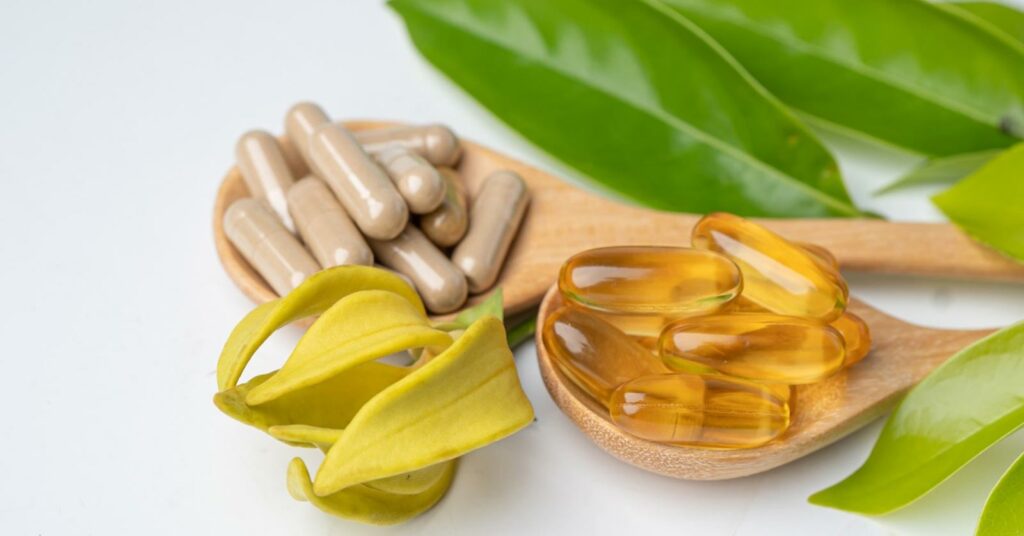
Because you cannot completely protect yourself from the impacts of pollution, you must guarantee that you are neutralising as much oxidative stress from the inside as possible. Consider consuming hair boosting gummies to assist your hair follicles battle daily stress from your surroundings.
Look for natural supplements that stimulate hair development and contain antioxidants such as vitamin C and E, which have been shown to help protect hair from hair-damaging free radicals.
Keratin and structural lipids are the two major components of hair. The body requires many types of amino acids to make keratin, many of which are found in these supplements. In fact, proline is one of the key amino acids in keratin, therefore look for supplements that include these amino acids.
2. Organic way of living
As a result of environmental stressors, the scalp contains twice as many pollutants as the air we breathe, and they can induce hair loss by decreasing the amount of a certain protein required for development.
It is critical to maintain the scalp clean and clear of remnants from lipids, sulphates, polymers, and waxes, all of which have been introduced to shampoos during the last 30 years and are harmful to the scalp and hair development. As a result, moving to a completely organic line of hair products is an urgent necessity.
PURC Organics Shampoo Bars are a must-have for people looking for a solution to strengthen their hair and protect it from external aggressors. The organic composition develops a barrier around the hair cuticles to provide maximum protection against environmental pollutants.
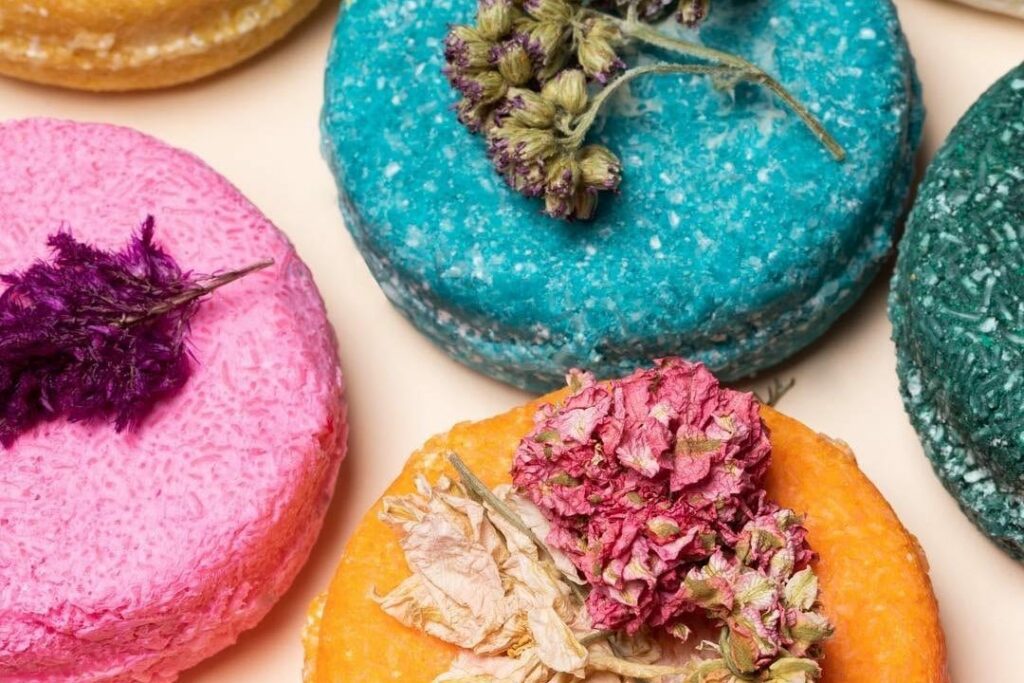
It comes with a variety of essential oils that gently cleanse your hair and protect your scalp from injury. Their selection of freshly manufactured intense cleansing shampoo bars is the most effective and complete in terms of the zero-waste method. Every shampoo bar will outlast three containers of your previous liquid shampoo. Shop yours now!
3. Spending time in Nature
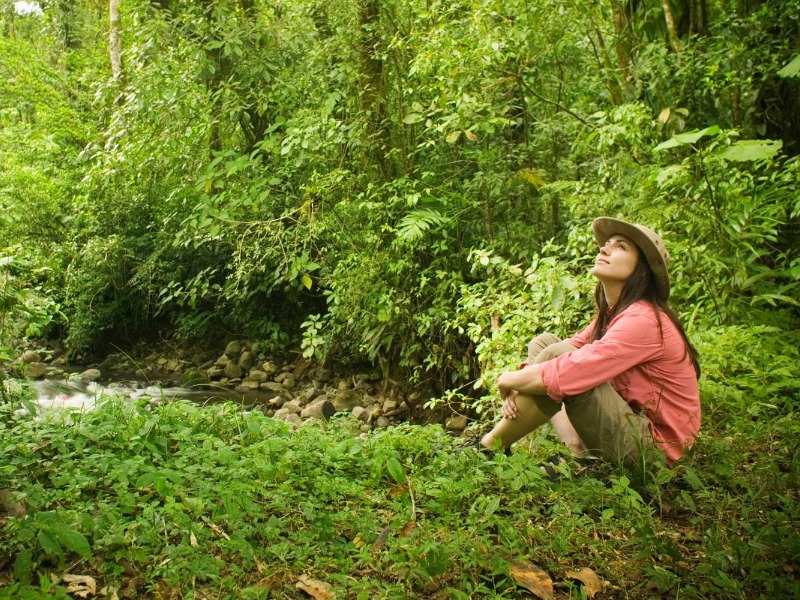
A significant volume of research indicates that spending time in nature has significant mental and physical advantages.
Mother Nature looks after our bodies and brains, from avoiding certain diseases and disorders to fostering healthier hair and skin.
Nature may also serve as a soothing atmosphere for a person, assisting in the transformation of all anxious or negative energy into peaceful and good energy.
And the more committed you are to nature, the healthier your mind and body will be. So having a clean mind is essential if you want to regain your lustrous and thick hair.
Conclusion
When it comes to the health of your hair, you may not always believe like you’re receiving the results you want. However, you have a lot of power over a lot of things. Eating a nutritious diet, minimising stress, and establishing a healthy atmosphere by spending time in nature and not smoking are all key strategies to maintain healthy and strong hair at any age.

